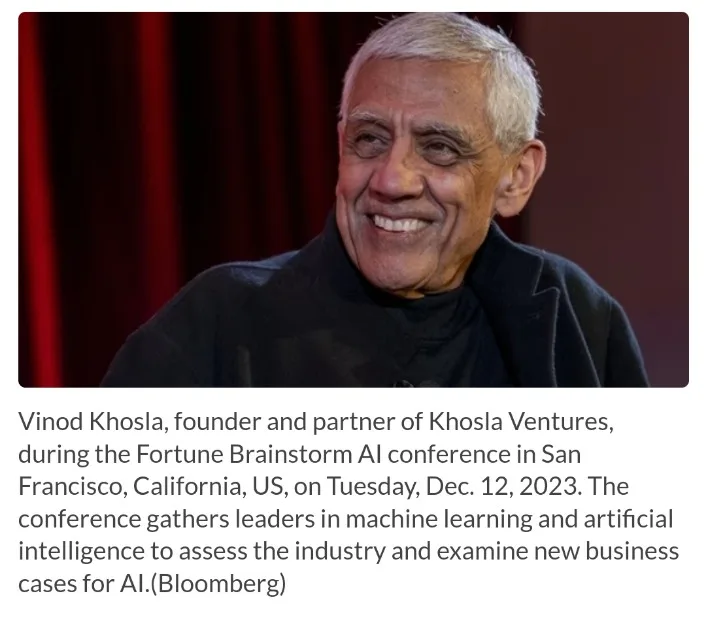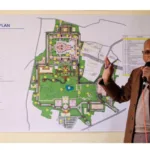Renowned billionaire investor and early OpenAI supporter, Vinod Khosla, has made a significant prediction regarding the future of the global economy. Khosla anticipates that artificial intelligence (AI) will not only reshape industries but will also bring about fundamental changes in how we measure and perceive economic growth over the next 25 years.
In a recent post on X, Khosla discussed his insights into the economic impact of AI, stating that AI is poised to be “hugely deflationary over twenty-five years.” This forecast suggests a transformative shift where capital becomes a precious resource, challenging established metrics like GDP, while leading to an abundance of goods and services.
Khosla’s perspective implies a scarcity of capital in the landscape dominated by AI. As AI takes center stage, traditional measures of economic health, such as GDP, may lose their relevance. Khosla emphasizes, “Capital should be scarce for a while; current measures of GDP and the economy will be less relevant, but goods and services should be in great abundance.” This raises crucial questions about the appropriate metrics for gauging and understanding economic dynamics in this new paradigm.
Vinod Khosla not only envisions this economic transformation but has also backed his beliefs with action. His venture capital firm infused a substantial $50 million into OpenAI in 2019, marking the most significant investment in the organization’s 15-year history. Khosla’s financial support underscores his commitment to shaping a future where AI plays a pivotal role in economic dynamics.
Addressing common fears surrounding AI at Fortune’s Brainstorm AI conference on December 12, Khosla challenged the prevailing narrative of sentient AI as an existential threat. He redirected attention to a more immediate concern: China. Khosla asserted that the risks posed by China surpass those associated with AI evolving into a malevolent force. According to him, “The doomers are focusing on the wrong risks. By far, orders of magnitude, higher risk to worry about is China, not sentient AI killing us off.”
Vinod Khosla’s insights align with other tech leaders like Elon Musk, who envisions an economically abundant future driven by AI. Musk’s perspective suggests that if AI can take on manual labor, it could usher in an era of “quasi-infinite” economic possibilities, leading to a world free from poverty.







